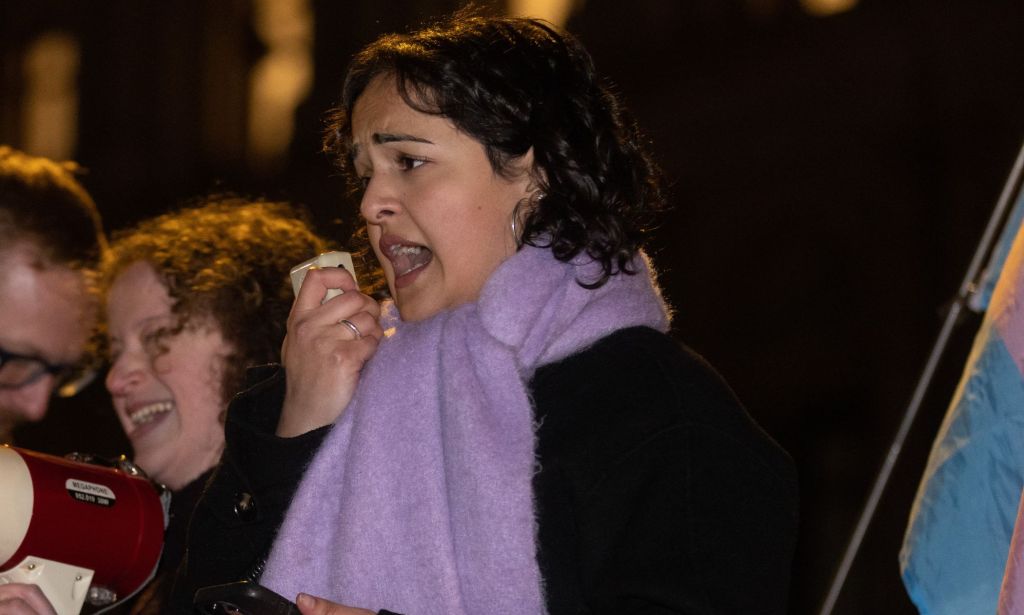Labour MP Nadia Whittome challenges Tories to ditch empty promises and protect LGBTQ+ people

Nadia Whittome has tabled a motion in Parliament for Pride Month, putting pressure on the government to take action on issues affecting LGBTQ+ people. (UK Parliament)
Labour MP Nadia Whittome has called on the Conservative government to do more to protect LGBTQ+ people in honour of Pride month.
The motion, which was tabled on Wednesday (7 June), calls on the Tories to work to improve LGBTQ+ rights and tackle inequality and marginalisation in the UK.
“This motion is about saying to the government that this Pride month, we want more than empty words,” Whittome told PinkNews.
“Our community is facing rising discrimination and violence, with trans people at the sharp end. You can’t celebrate us one day, while stoking up hatred against us the next.
“If they want to demonstrate their support for LGBTQ+ people, then they should take concrete steps to tackle the inequality and marginalisation that so many of us still face.”
The motion urges the government to “condemn rising hatred towards LGBTQ+ people and the trans community in particular, strengthen LGBTQ+ rights and combat discrimination and inequality”.
It also calls on the government “to implement a trans-inclusive ban on conversion practices, de-medicalise the process of obtaining a gender recognition certificate and reduce waiting times for transition-related healthcare”.
Labour MPs Kate Osborne, Dawn Butler and Zarah Sultana are among the 20 politicians who have signed the motion, which also has support from independent and Plaid Cymru MPs.

In January 2023, Whittome called on the Labour Party to tackle transphobia within its own ranks following the government vetoing Scotland’s gender reforms.
Whittome told PinkNews that those who make transphobic statements should face “disciplinary action”.
The Labour MP for Nottingham East has a long history of standing up for for LGBTQ+ rights. In June 2022, she called for a “thorough investigation” into why NHS management blocked pregnancy advice for trans and non-binary people for almost a year.
Police figures released in 2022 revealed that reports of homophobic hate crimes in the UK more than doubled in five years, increasing from 10,003 in 2016-17 to 26,824 in 2021-22.
During 2022, the figure soared by 32 per cent – the biggest yearly rise since record-keeping began.
How did this story make you feel?

